BITS BLOG
The Top 5 AI Security Questions Every Business Leader Should Be Asking
Artificial Intelligence is quickly becoming a staple in business strategy, from customer service chatbots to data-driven forecasting. But as adoption rises, so do the risks.
Think of AI like a high-performance sports car. It's fast, impressive, and can take your business places. But if you don't understand how to drive it, or worse, if someone else takes the wheel, you’re headed for a crash.
Here are five essential questions every CEO, CFO, or business decision-maker should be asking before trusting AI to accelerate their operations:
1. How Can Businesses Mitigate AI-Related Security Risks?
AI systems are only as secure as the data and logic that power them. Left unchecked, they can become backdoors into your network or make flawed decisions that expose sensitive data.
Think of AI like hiring a new executive.
You wouldn't let them operate without oversight, accountability, or training. Yet many businesses deploy AI tools without understanding their decision-making logic, access level, or failure modes.
Mitigation Strategies:
- Restrict AI access to only the data it needs.
- Regularly audit AI-generated output for accuracy and risk.
- Implement human-in-the-loop safeguards for high-impact decisions.
- Conduct threat modeling to anticipate misuse or manipulation.
2. Are AI Tools Compliant with GDPR, CCPA, and Other Privacy Laws?
Most AI systems consume and process personal data, but that doesn’t make them exempt from regulation. If your AI tool collects customer behavior, PII, or health information, it must still comply with frameworks like GDPR, CCPA, or HIPAA.
Picture AI as a subcontractor.
If they mishandle your customer’s private data,
your business is still liable. Just because it’s “automated” doesn’t mean it’s compliant.
Business Implications:
- You must know where your AI data is stored, processed, and shared.
- Consent, explainability, and data deletion rights still apply, even if the data is used by a machine.
- Ensure vendors disclose how AI models handle, retain, and train on your data.
3. What’s the Real ROI of AI Security Tools vs Traditional Controls?
AI-based cybersecurity tools promise faster detection, lower response times, and predictive analytics. But the question isn’t can it work; it’s does it outperform what we already have?
Think of AI like a smart thermostat.
It sounds great, but if your house still feels cold and the bill goes up, was it worth the upgrade?
Ask these before investing:
- Does the AI tool reduce the number of false positives or just add noise?
- Can it act autonomously, or does it still require analyst review?
- How measurable are the outcomes? Time saved? Incidents prevented?
4. Could My AI Be Manipulated by External Threats?
Attackers have learned to exploit AI models using techniques like prompt injection, model poisoning, and adversarial inputs, where a small tweak to input data leads to dangerous or incorrect outputs.
It’s like hacking the GPS in a self-driving car.
The system works perfectly, until someone reroutes it down the wrong road.
Risks to Watch:
- Public-facing AI tools (like chatbots) are easy targets for manipulation.
- AI models trained on open data can be fed misinformation.
- Without integrity checks, AI may hallucinate false content or recommend insecure actions.
5. What Internal Policies Should Be Updated to Reflect AI Usage?
Most companies don’t update their security policies or risk registers when implementing AI, which leaves dangerous gaps. AI tools may bypass traditional approval flows, data governance rules, or identity controls.
Imagine deploying a new employee without a job description or supervisor.
That’s what ungoverned AI looks like in your business.
Recommendations:
- Update Acceptable Use, Vendor Risk, and Data Privacy policies to include AI.
- Define ownership for AI oversight (who's responsible if something goes wrong?).
- Train staff to understand AI output limits, bias risks, and escalation paths.
Final Thought
AI can accelerate productivity, decision-making, and growth, but only if it’s implemented securely and strategically.
For business leaders, that means asking better questions, tightening governance, and remembering:
AI is not magic. It’s a tool. And every tool needs a framework.
At
BITS Cyber, we help organizations integrate AI into their IT and security roadmap with clarity, control, and compliance in mind.
